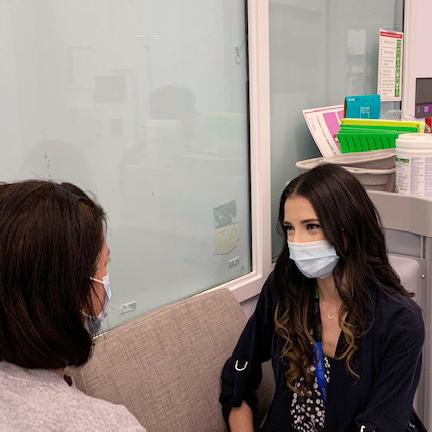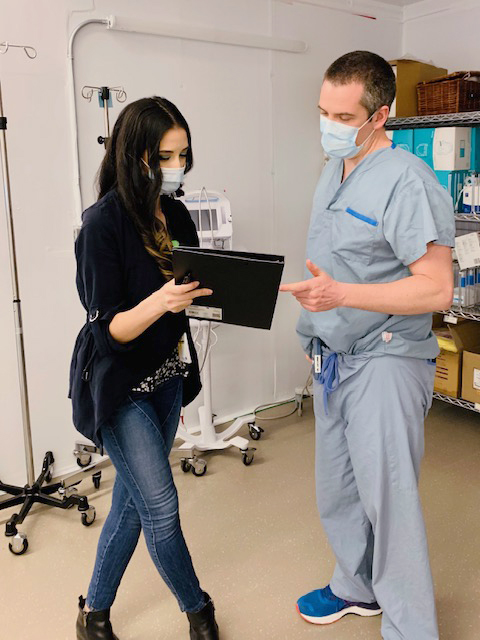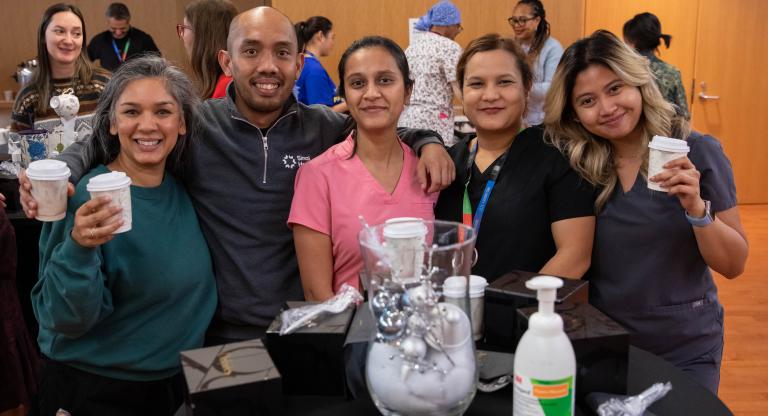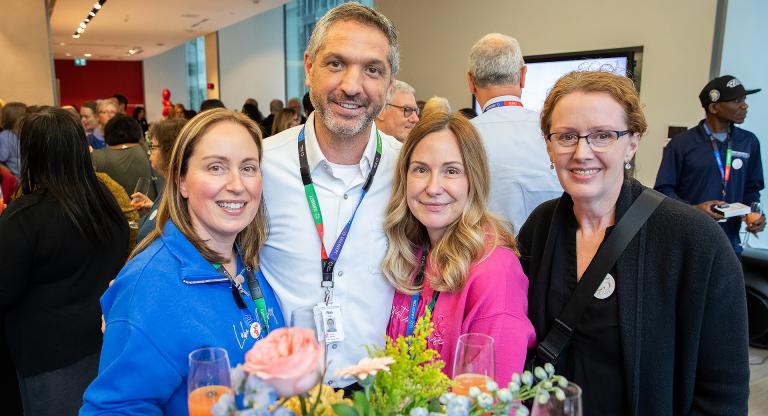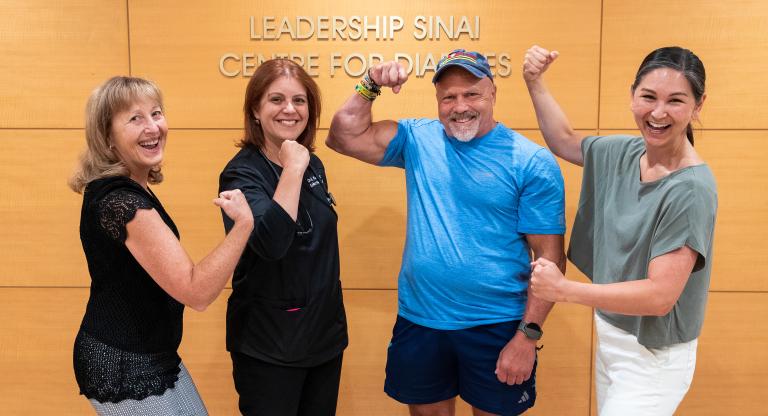Innovative peer support program helps young adults visiting the emergency department

A one-of-a-kind program is improving young people’s visits to the emergency department (ED) by connecting them with trained peer supporter workers who share similar life experiences.
Pathway to Peers is a partnership between Mount Sinai Hospital’s Schwartz/Reisman Emergency Medicine Institute, Stella’s Place, and the RBC Foundation. The program celebrates its first anniversary this week and has supported more than 1,100 young people between ages 16 to 29 visiting Mount Sinai’s ED.
Between 2006 and 2017, the number of youths accessing emergency care for mental health or substance use related visits in Canada rose by 89.1 per cent. Christine Bradshaw, a Social Worker and Pathway to the Peers Project Manager at Mount Sinai Hospital says the idea for the program started from a need to support these patients in a more comprehensive way. “Coming into the ED is often a young person’s first-time seeking health care and should be a positive experience to set them up for success moving forward.”
What is peer support?
“Peer support workers are employees, not volunteers,” explained Yolanda Delmonte, Peer Support Worker at Mount Sinai Hospital. “We have experiences that help us support and relate to patients, but we also have many other professional competencies, skills, training and abilities to be able to provide effective service.”
The relationship between patients and peers is always consensual. Yolanda notes that the young people she works with know peer support workers are available to support them, but only if they want or need it and find it helpful.
How is Pathway to Peers unique?
Christine said the program has received very positive feedback from the ED team, “Our clinical team knows the needs of our patients are being responded to and feel the program provides a tremendous benefit in the care we are able to provide and extra support for young patients in need.”
During the ongoing pandemic, the program continues to support patients with the hope of expanding in the near future to increase the use of peer support within the hospital. Christine said they are waiting on approval for the research and evaluation component of the program, which will allow them to hear directly from patients and the care team on how Pathway to Peers improves care and outcomes for young patients. She looks forward to sharing lessons learned to help other health care institutions and community agencies create similar programs.









